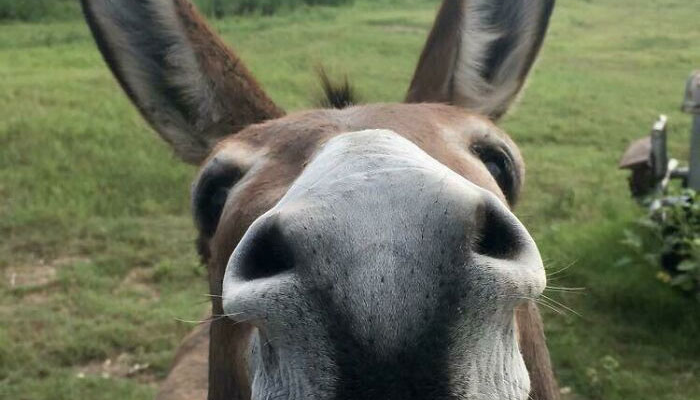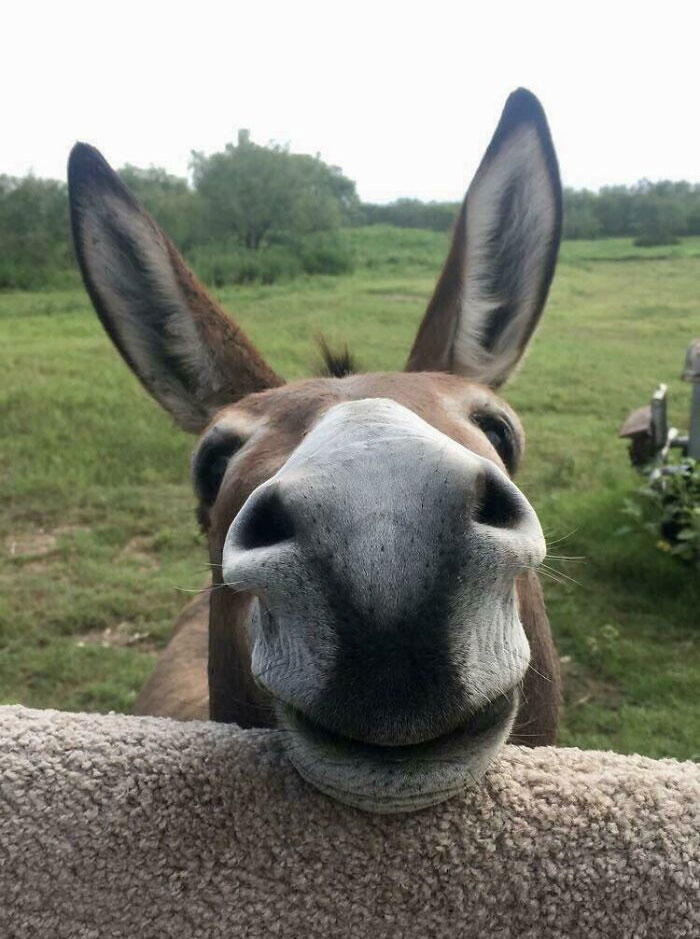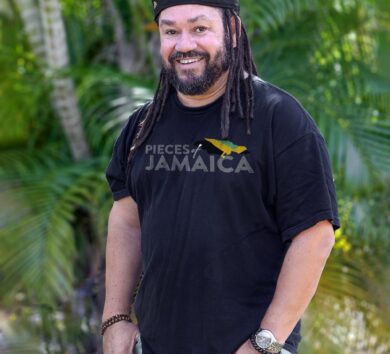

‘Donkey seh di werl’ nuh level’ is probably the most common Jamaican proverb about these mostly rural hoofed animals.
But did you know there are actually a few more proverbs that mention these quiet animals?
Our Today has put together a list of these proverbs, do take a look.
Mek wan jackass bray.
Translation: Allow one jackass (donkey) to bray at a time.
Explanation: It is difficult to see the merit in other persons’ ideas if everybody attempts to speak at the same time. Also, if someone is speaking foolishly, avoid adding to the confusion.
No mek one dankey choke you.
Translation: Don’t let one donkey choke you.
Explanation: Do not be misled by a fool.
When yuh guh a dankey house, nuh talk bout eas.
Translation: When you go to a donkey’s house, don’t talk about ears.
Explanation: If someone has a flaw, then you shouldn’t talk about it in their presence as this can cause them to become embarrassed (if donkey is embarrassed by its ears). Also, an individual may be an expert in an area, and you will look foolish talking about the expert’s specialty (if the donkey is the king of ears).

Dankey seh di werl nuh level.
Translation: A donkey says this world is not level.
Explanations: Life is full of ups and downs. Also, a more popular interpretation is it is possible for an individual to do everything right and still end up failing. It is possible for those who cheat and practice corruption to be successful. It’s just the way the world is, even if it feel is unfair.
Jus because one talking dankey tell yuh sumn nuh mean a true.
Translation: Just because a talking donkey tells you something doesn’t mean it’s true.
Explanation: Not everything you hear you should believe because not all things said are true.
If one dankey bray afta yuh, nuh bray afta him.
Translation: If a donkey brays at you, you don’t need to bray at him.
Explanation: Choose to argue with a fool and you’ve already lost. Sometimes it’s best to avoid conflict and not reciprocate.

Wen it come to laying blame, put di tail pan di donkey.
Translation: When it comes to pinning blame, pin the tail on the donkey.
Explanation: Individuals should always ensure that blame is placed correctly and at the foot of the right person.







Comments